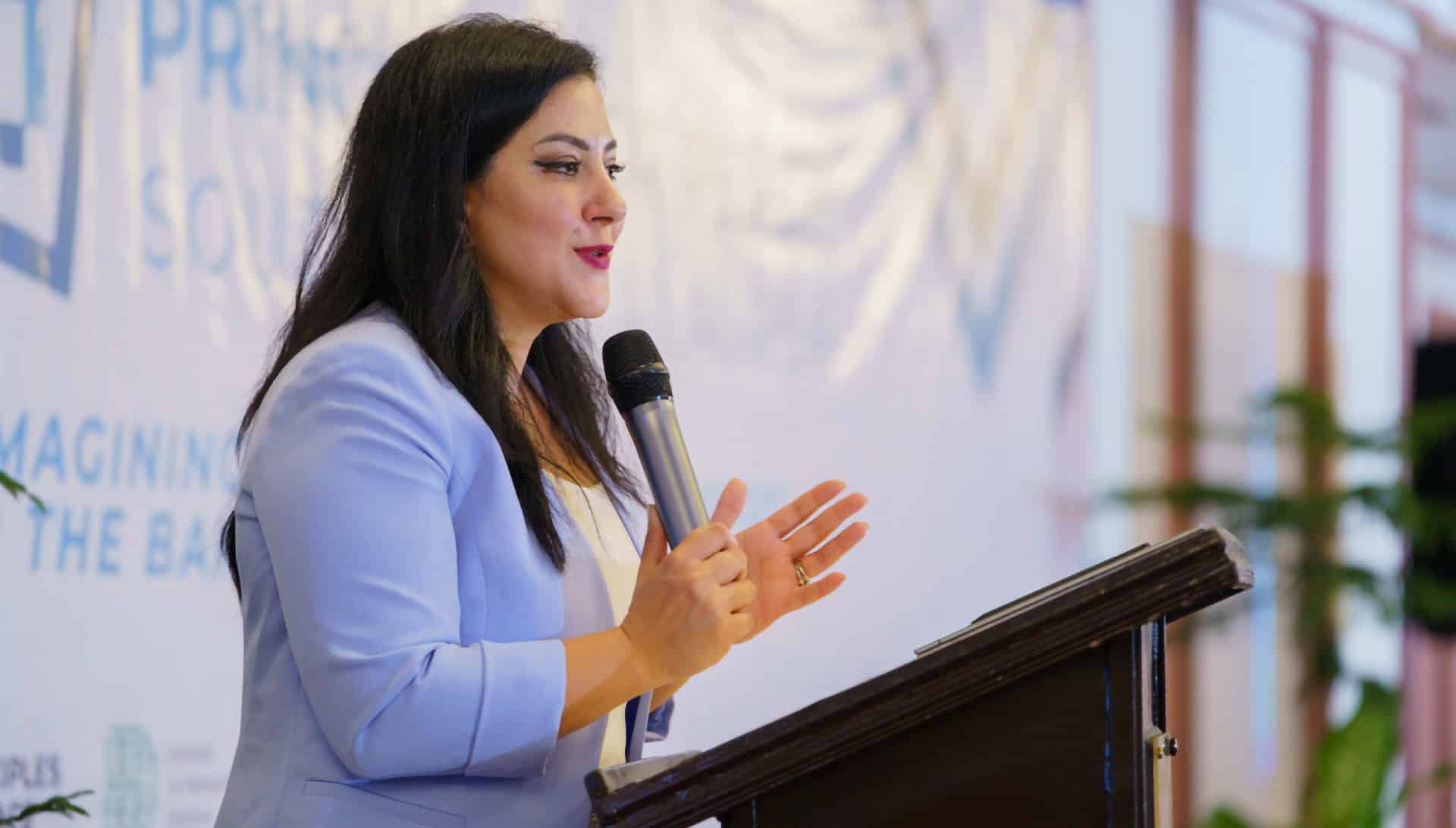ways to engage
Partner with us
We offer our partners a menu of options on how to engage with us and how to best benefit from our support. Our offer is demand-driven, contextually adapted, and non-prescriptive. All our efforts are collective in nature and co-designed, implemented, and monitored in collaboration with stakeholders at the local, regional, and global levels.
Based on the specific needs and demands of our partners, we adjust our support strategies and practical tools, for constituencies and geographies alike. For example, we assist in peace engagements aimed at stopping an active armed conflict, peace processes that need to be revamped or revitalised, the development of strategies to prevent outbreaks of violence, and in the advancement of initiatives aiming for peace consolidation.



Catalysing and covening
Convene or facilitate multi-stakeholder consultations and ecosystem-based dialogue at global, regional, and local levels.
Support collaborative advocacy and action, evidence gathering, and shared assessments and planning.
Connect global, regional, and local partners, who may not otherwise meet, work together, or exchange ideas.
Bring the non-usual suspects to the table and create synergies around context-specific initiatives.

Co-creating innovative and practical solutions
Simulate plans and scenarios to assess progress of ongoing interventions and allow for course correction.
Provide practical playbooks for adaptive peacemaking strategies to guide stakeholders towards an ecosystem approach to their work.
Run peacegaming simulations for decision-makers to support course correction around spe-cific contexts and/or constituencies.
Promote common learning from good practices, develop shared metrics to assess peace engagement, and accompany the design and implementation of peacemaking strategies and actions at the country level.

Bringing actionable evidence to decision makers
Gather and share evidence and co-create data gathering and assessment frameworks to forge consensus on strategies and joint action in different contexts.
Produce diagnostic and trend analysis around pivotal moments in peace processes (including prospectively and retrospectively), guided by the Principles.
Co-create shared baselines and metrics to monitor and assess the quality of peace processes and outcomes, using the Principles as a reference for mutual accountability.
Organise joint analysis and adaptive action sessions for various actors, including role scenarios for planning, implementing, and monitoring peace engagements at different levels and with different partners.
Facilitate participatory periodic reviews of ongoing peace processes to bring together the perspectives of diverse and broader stakeholder networks and provide insights to enhance the legitimacy and effectiveness of peace engagements.

